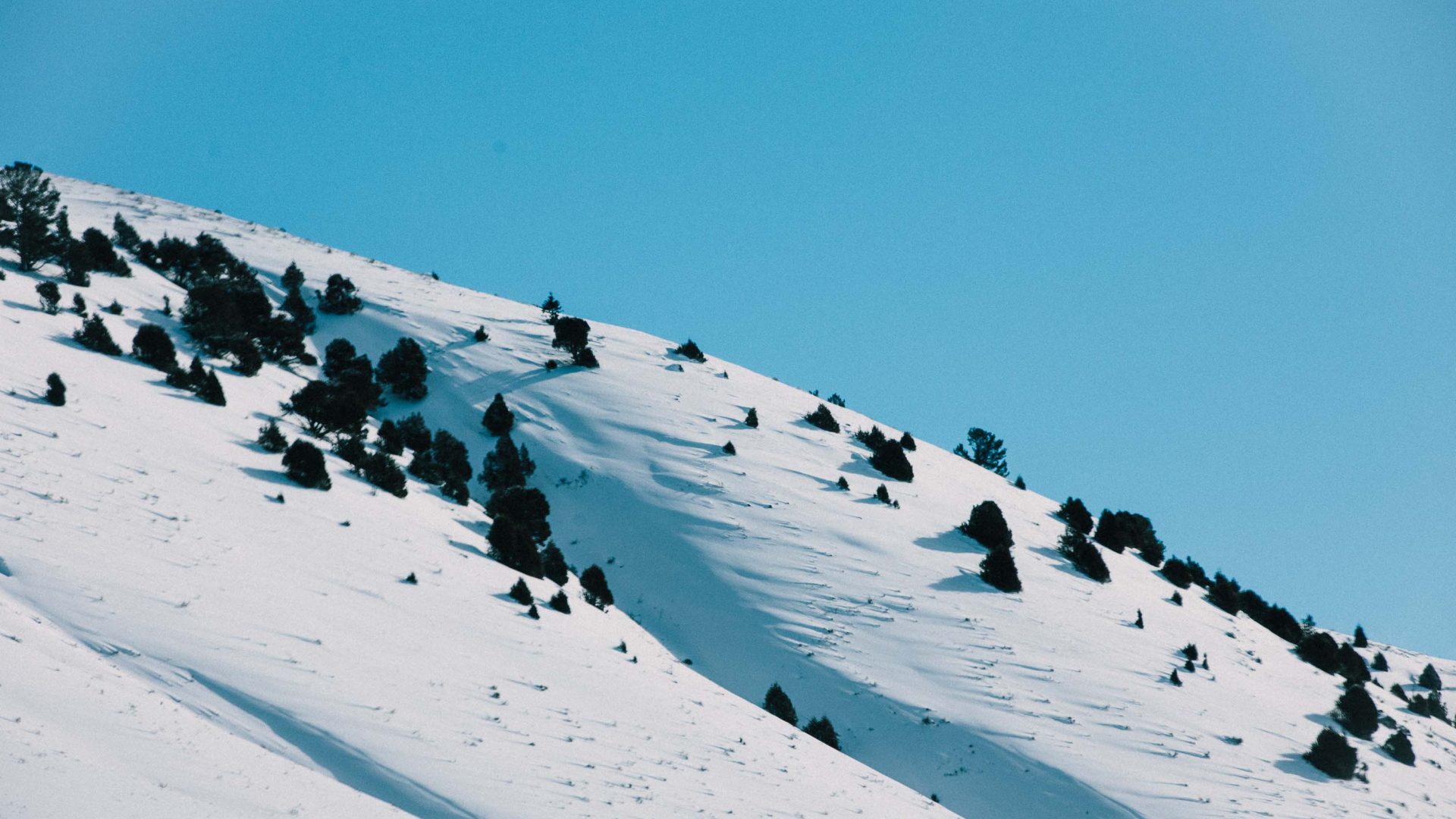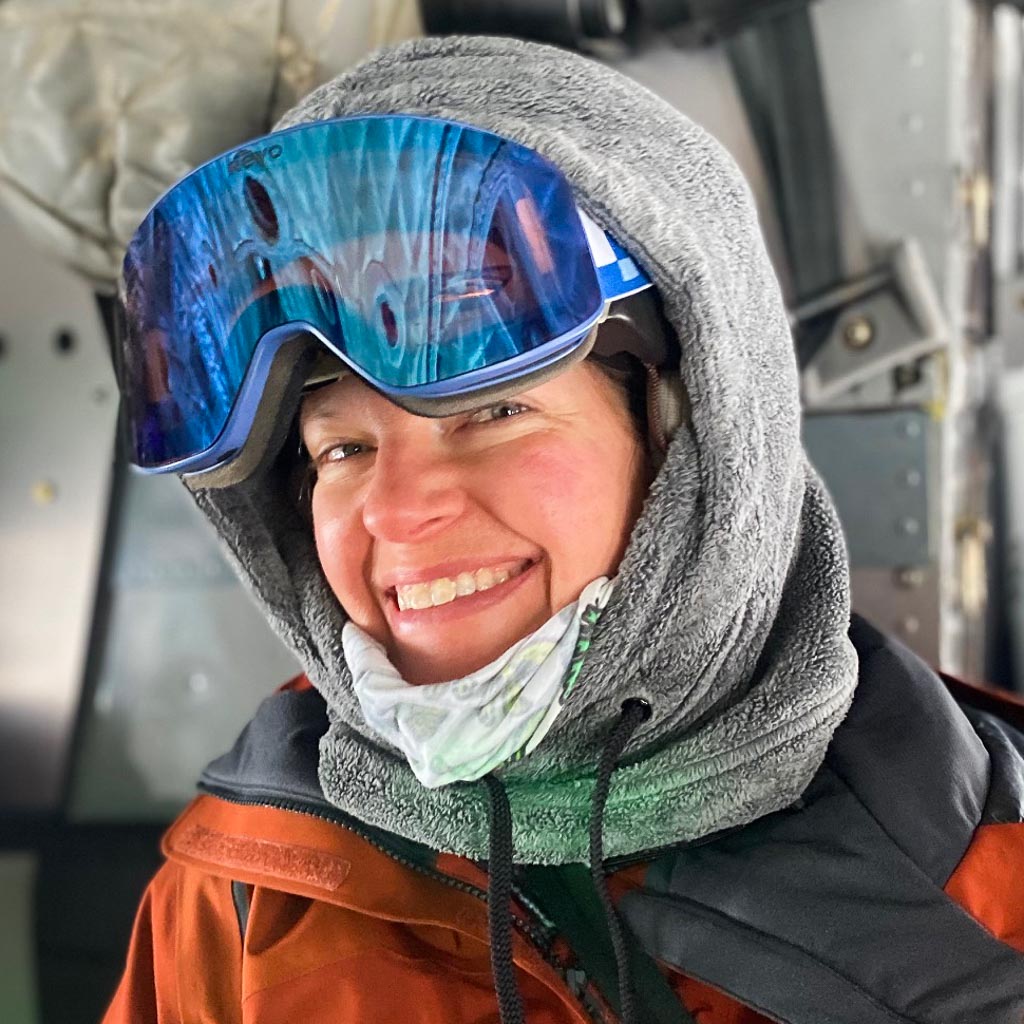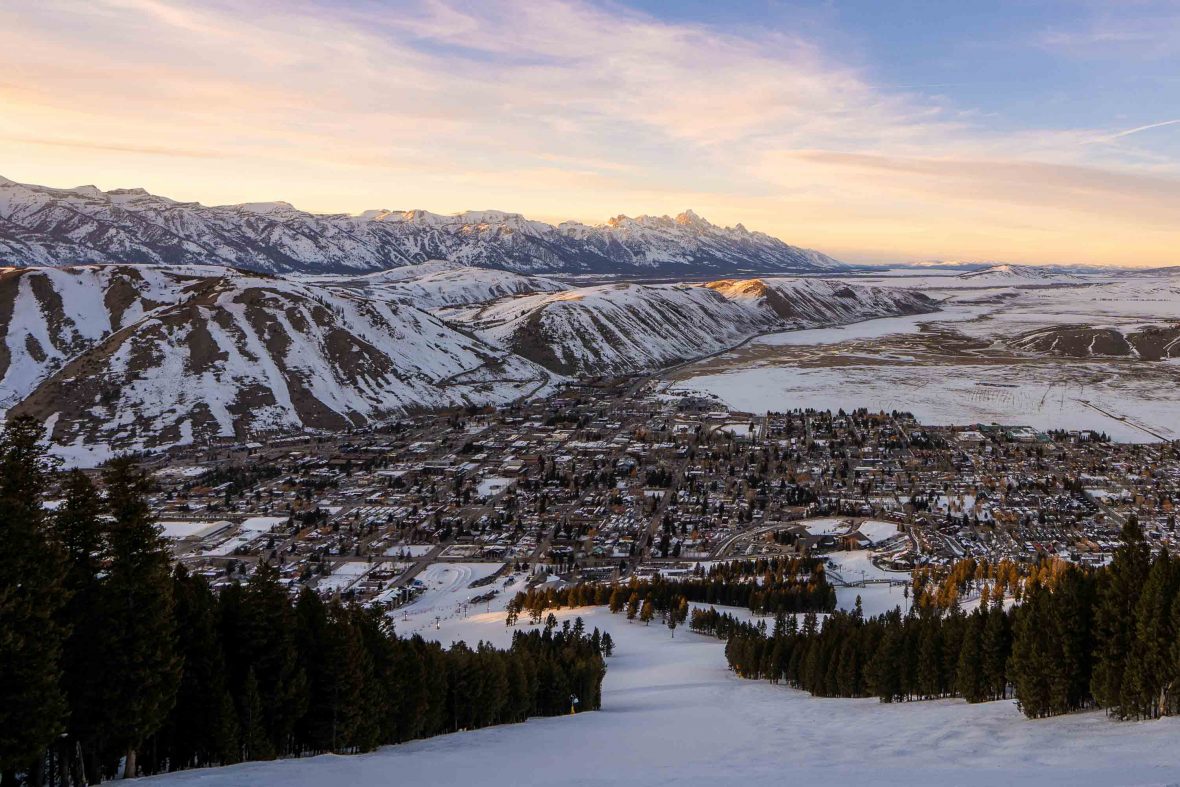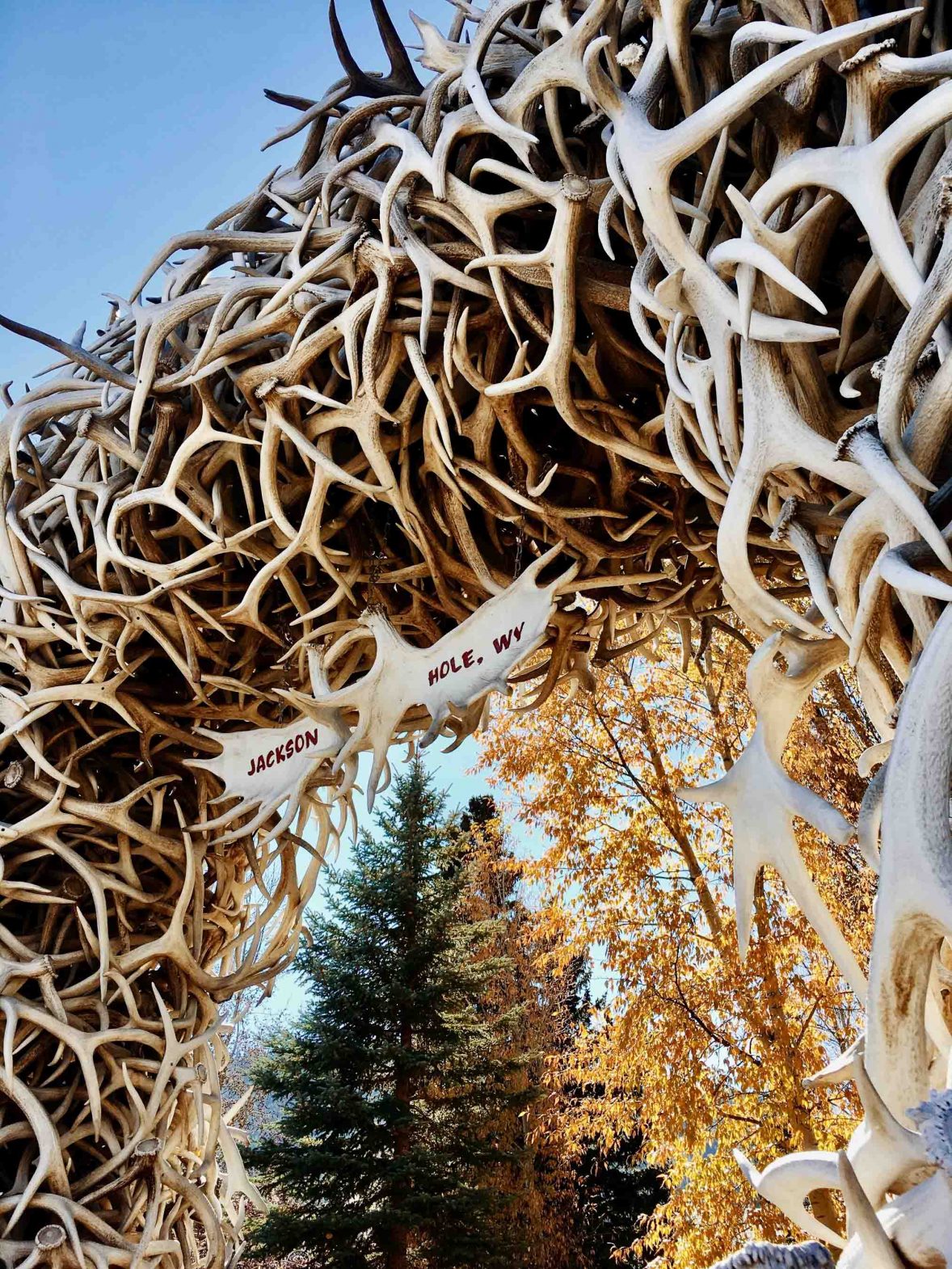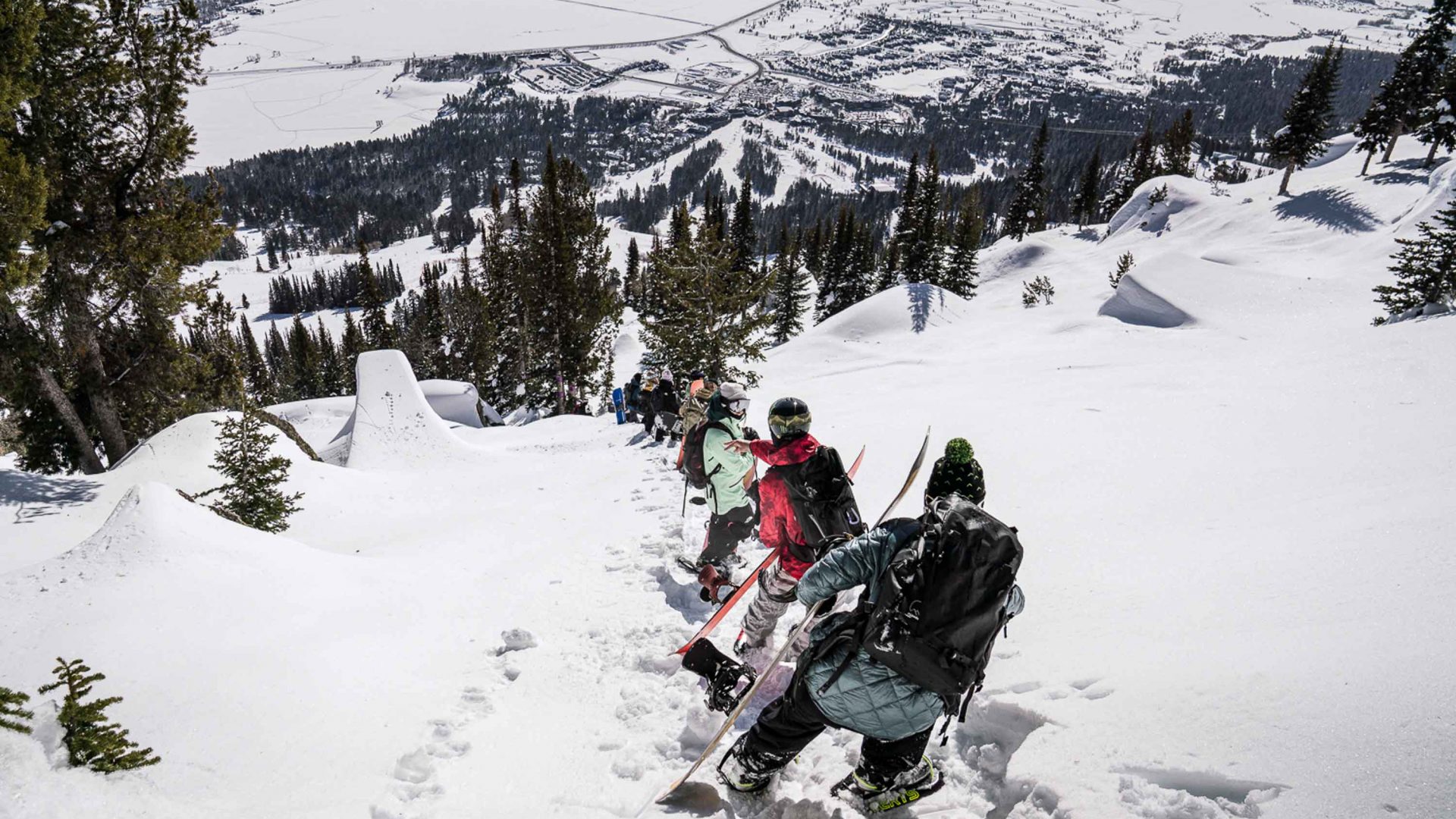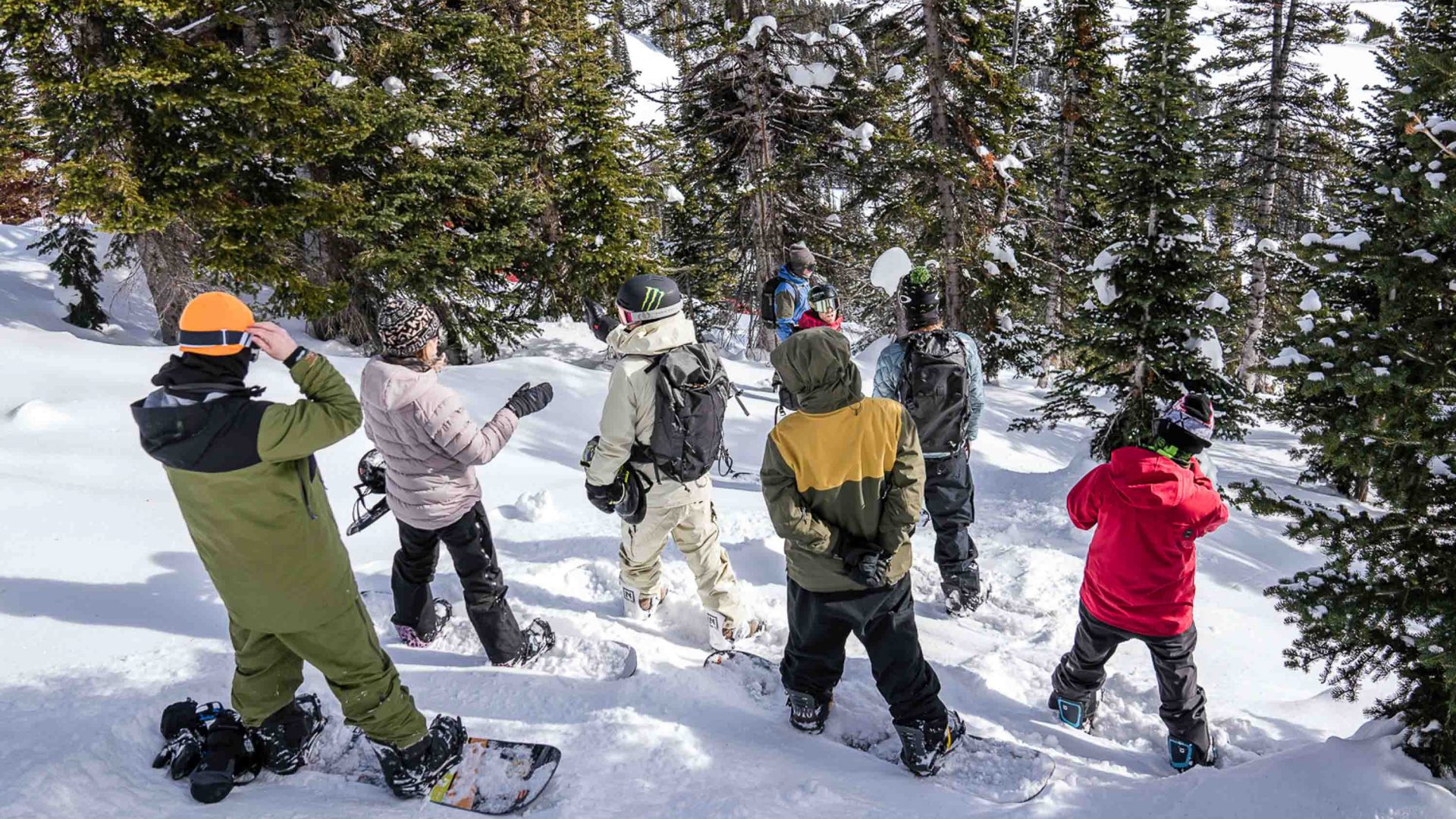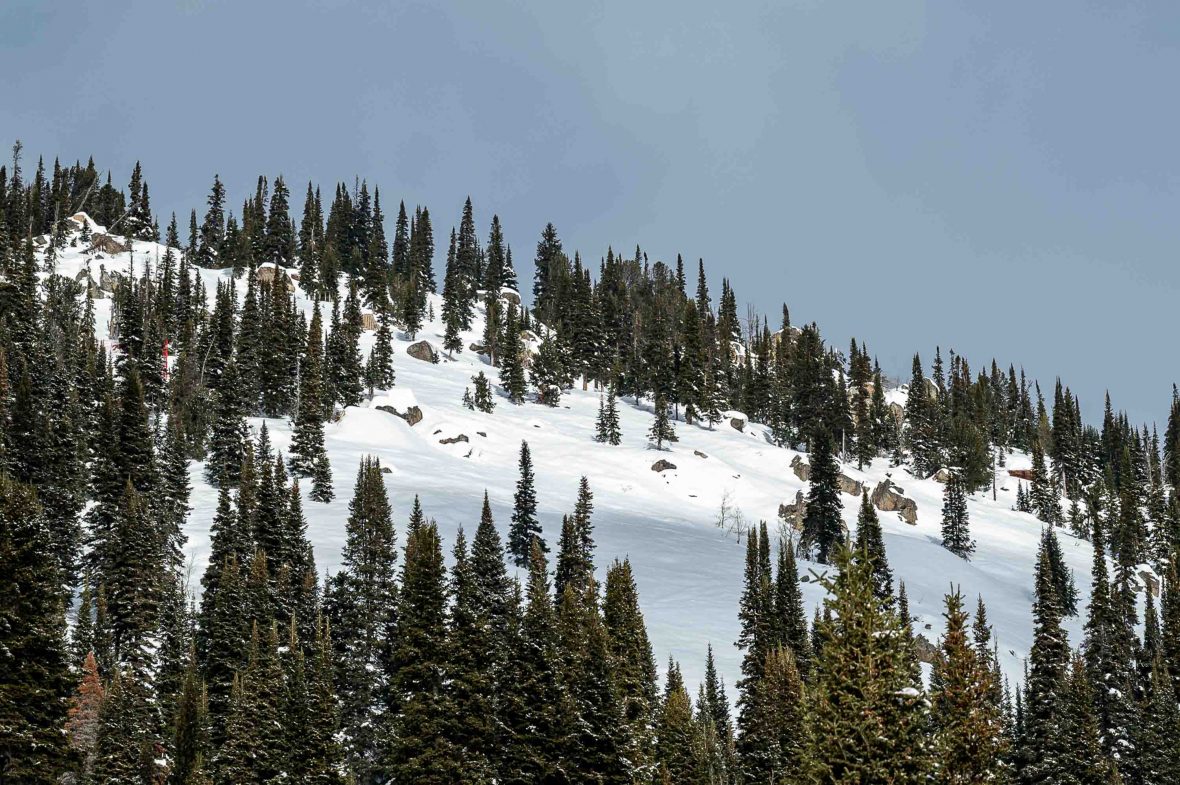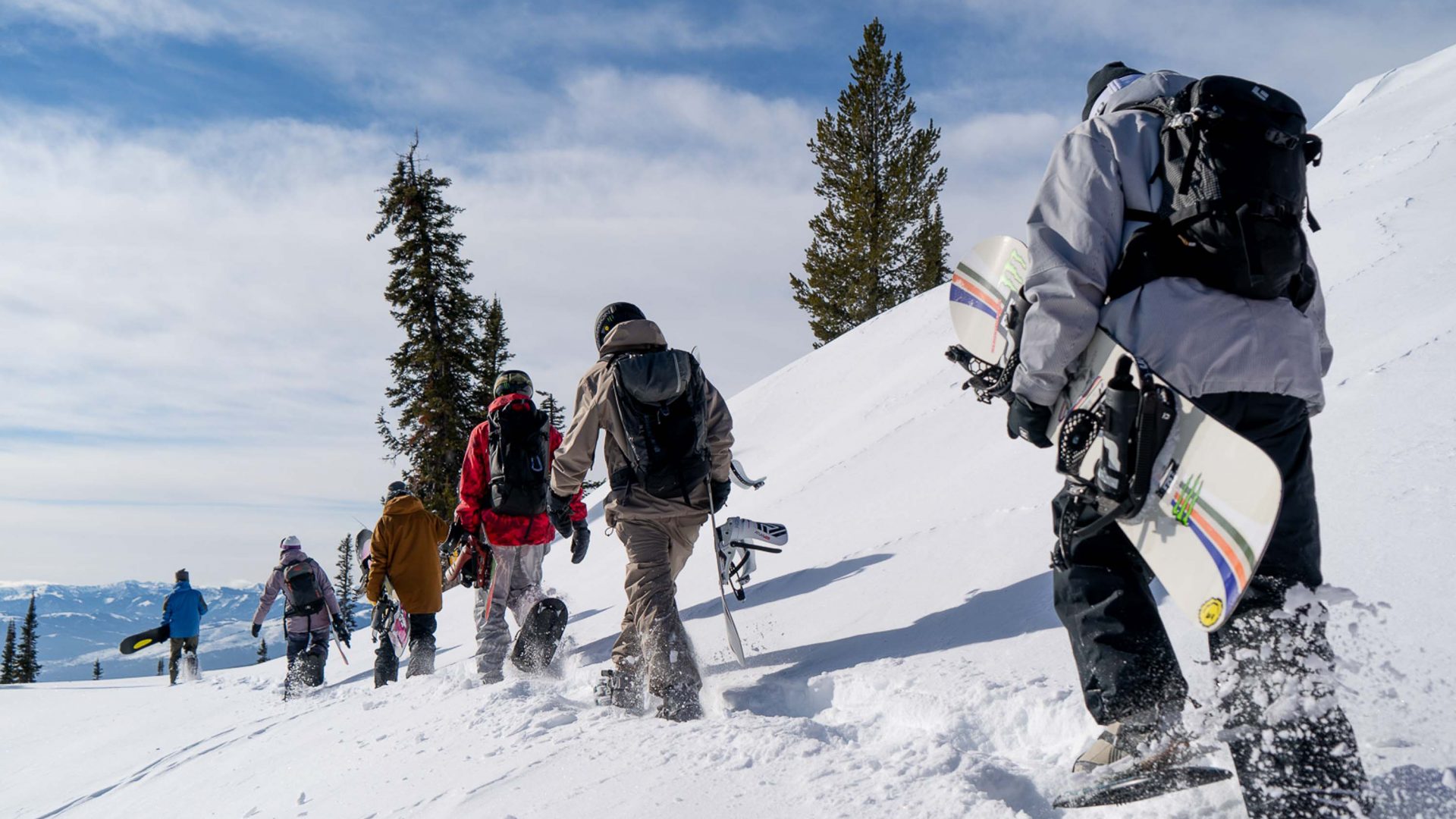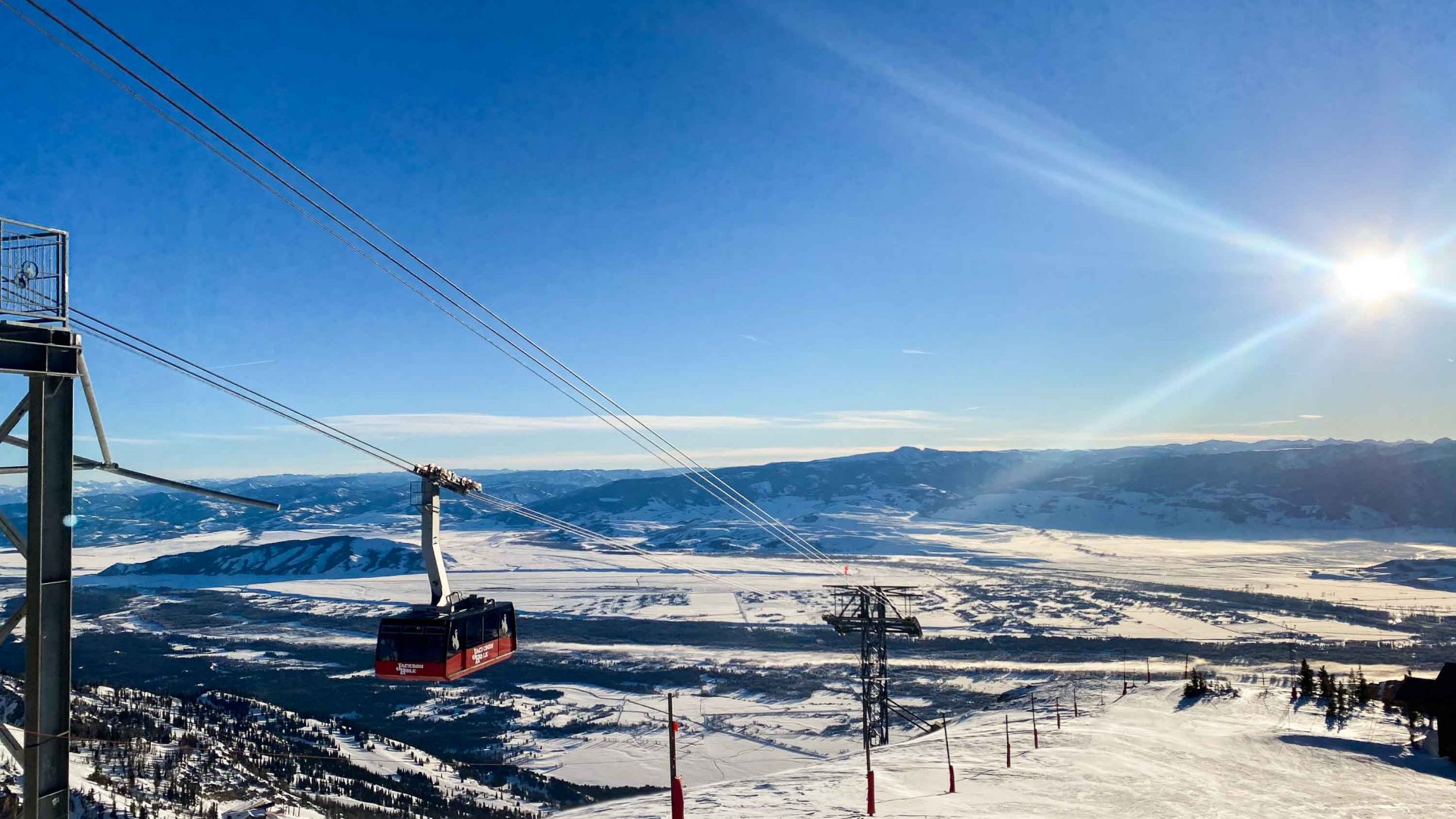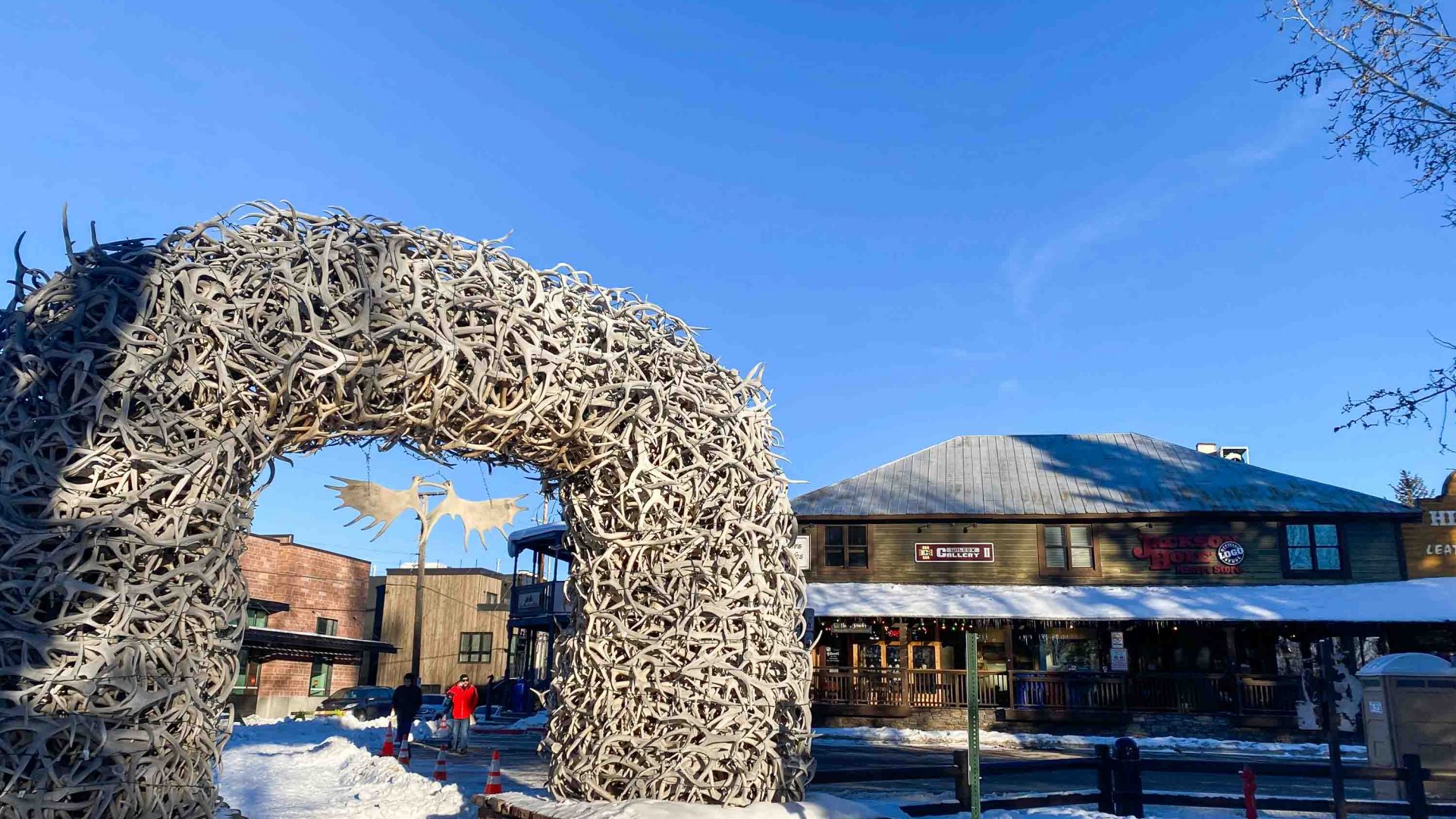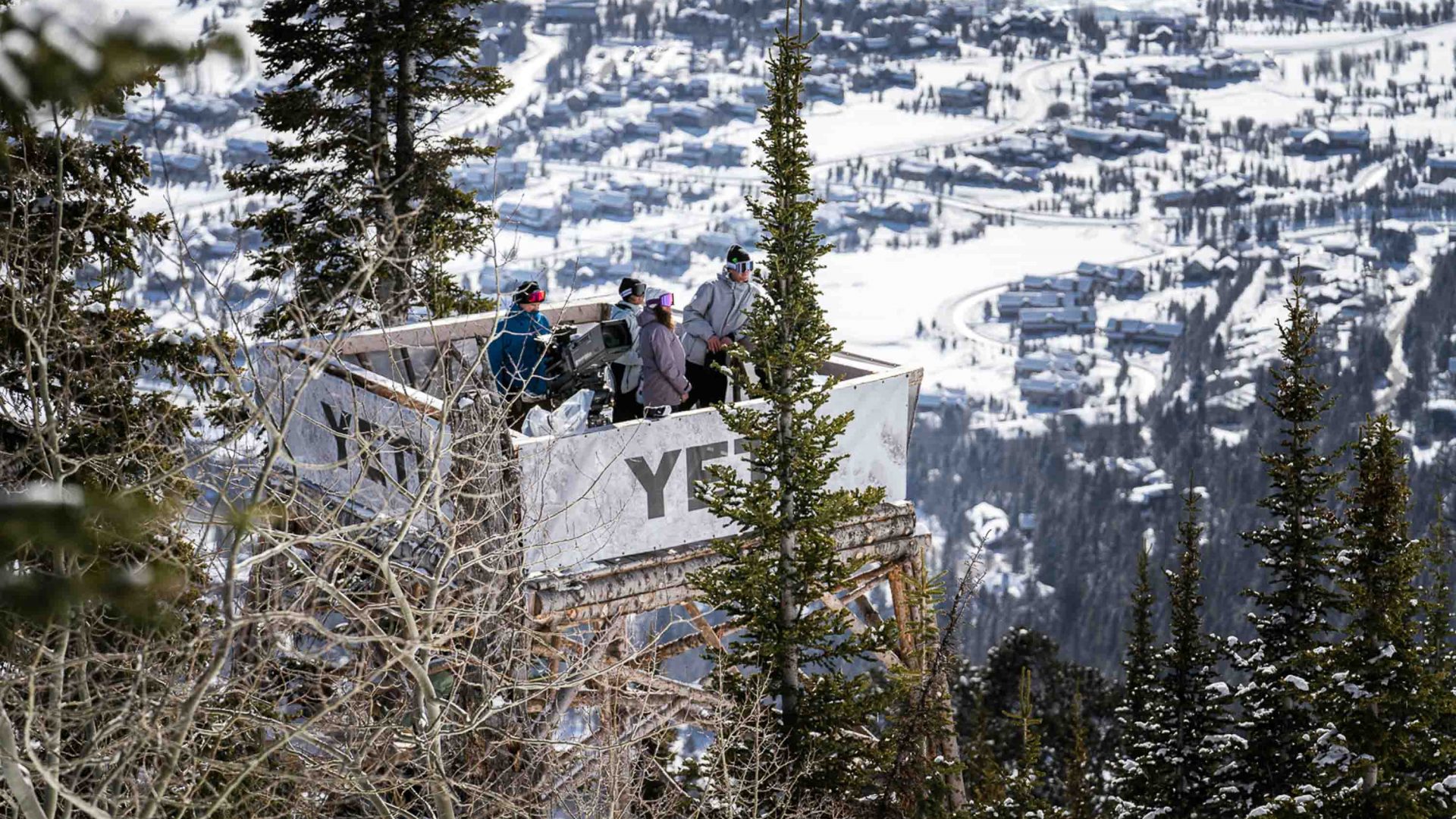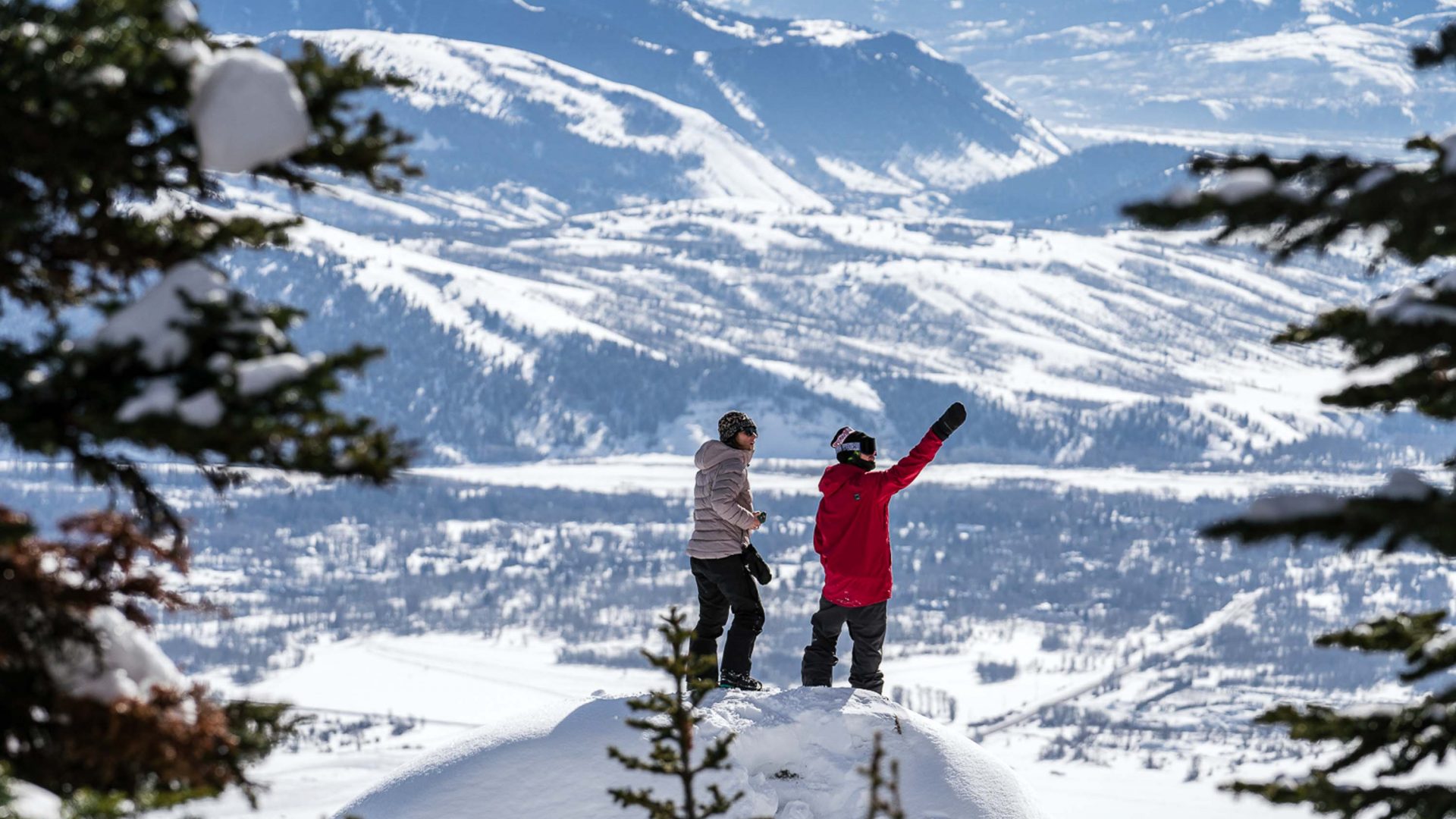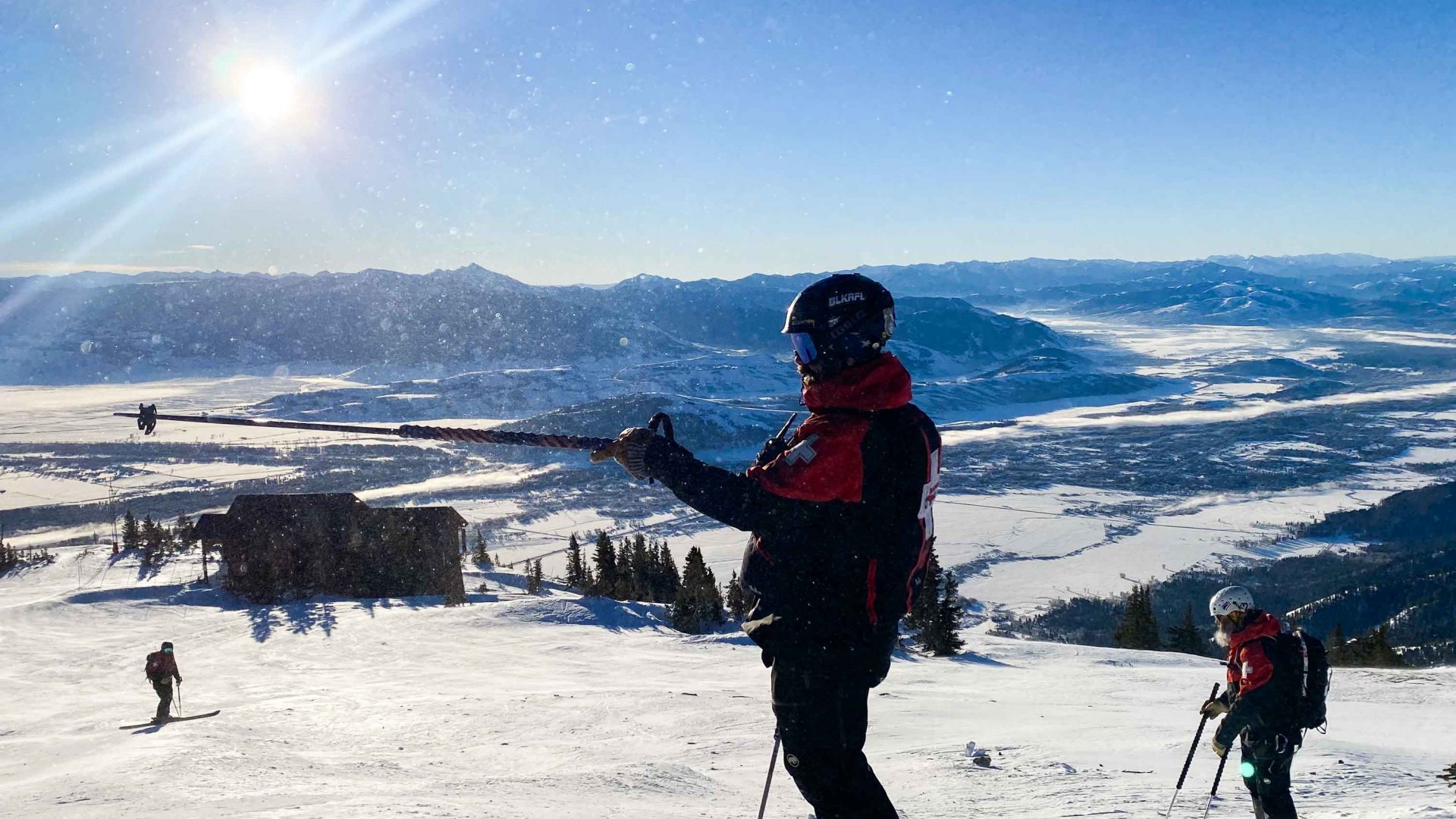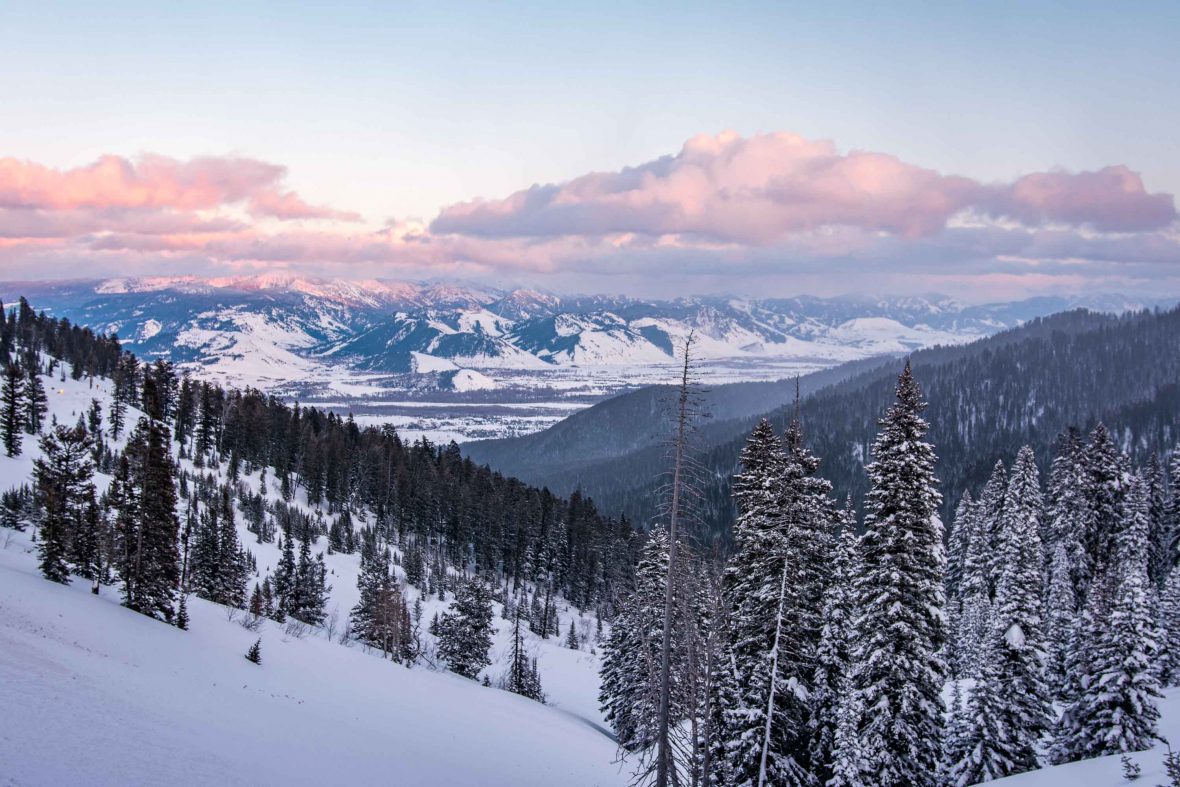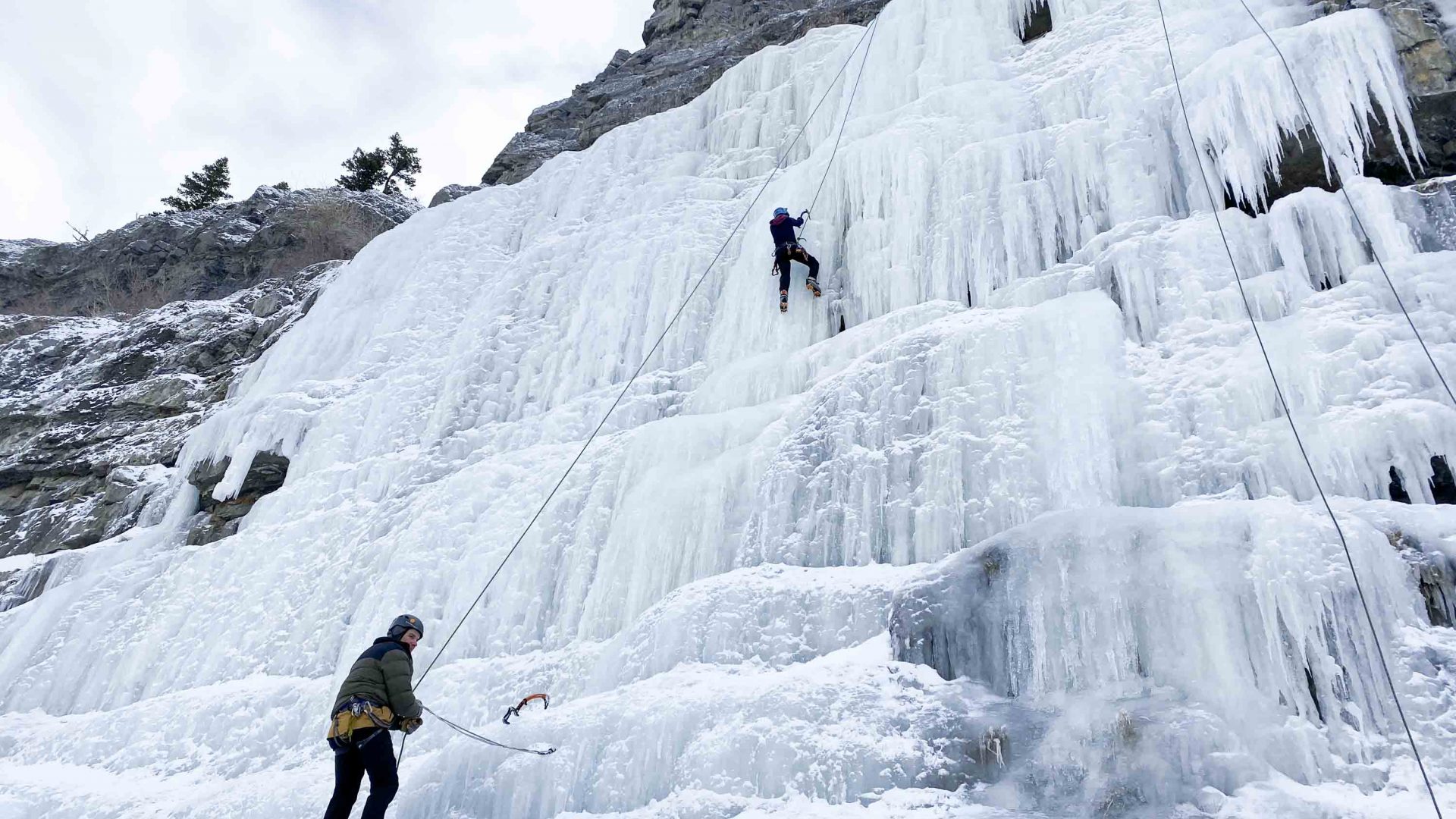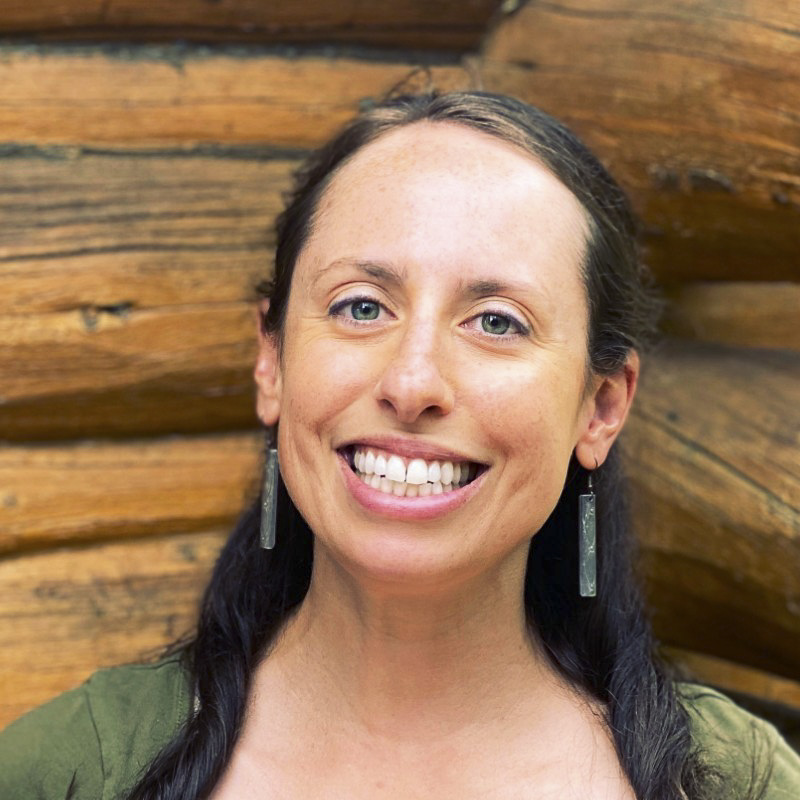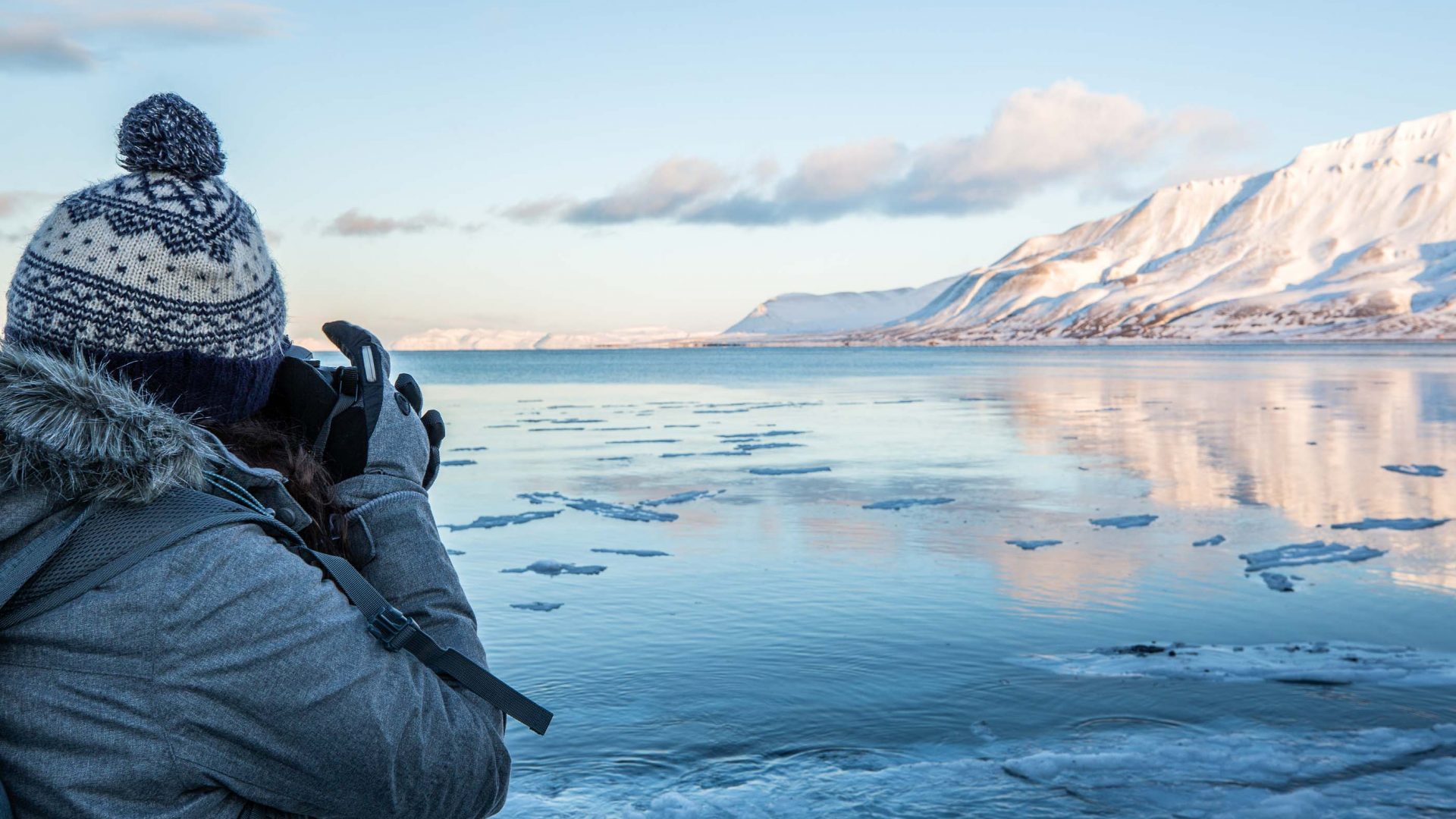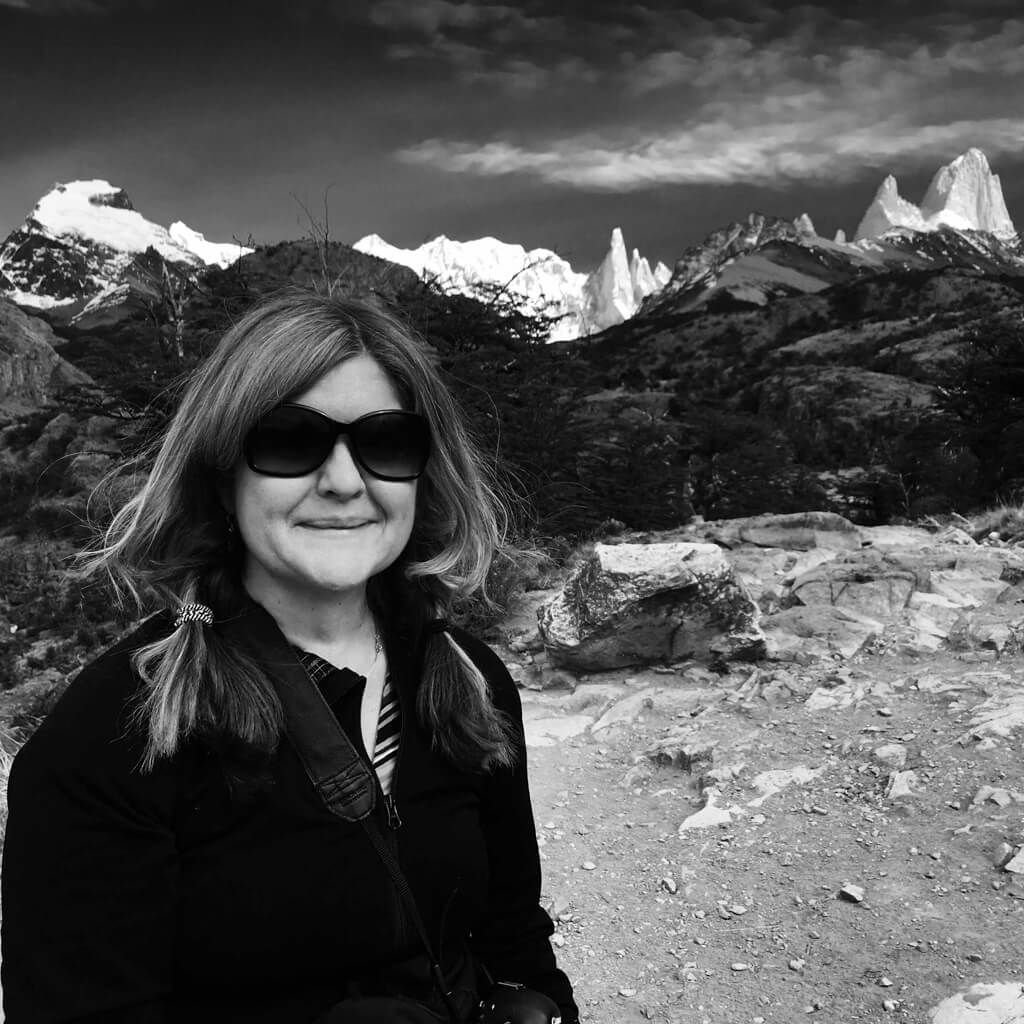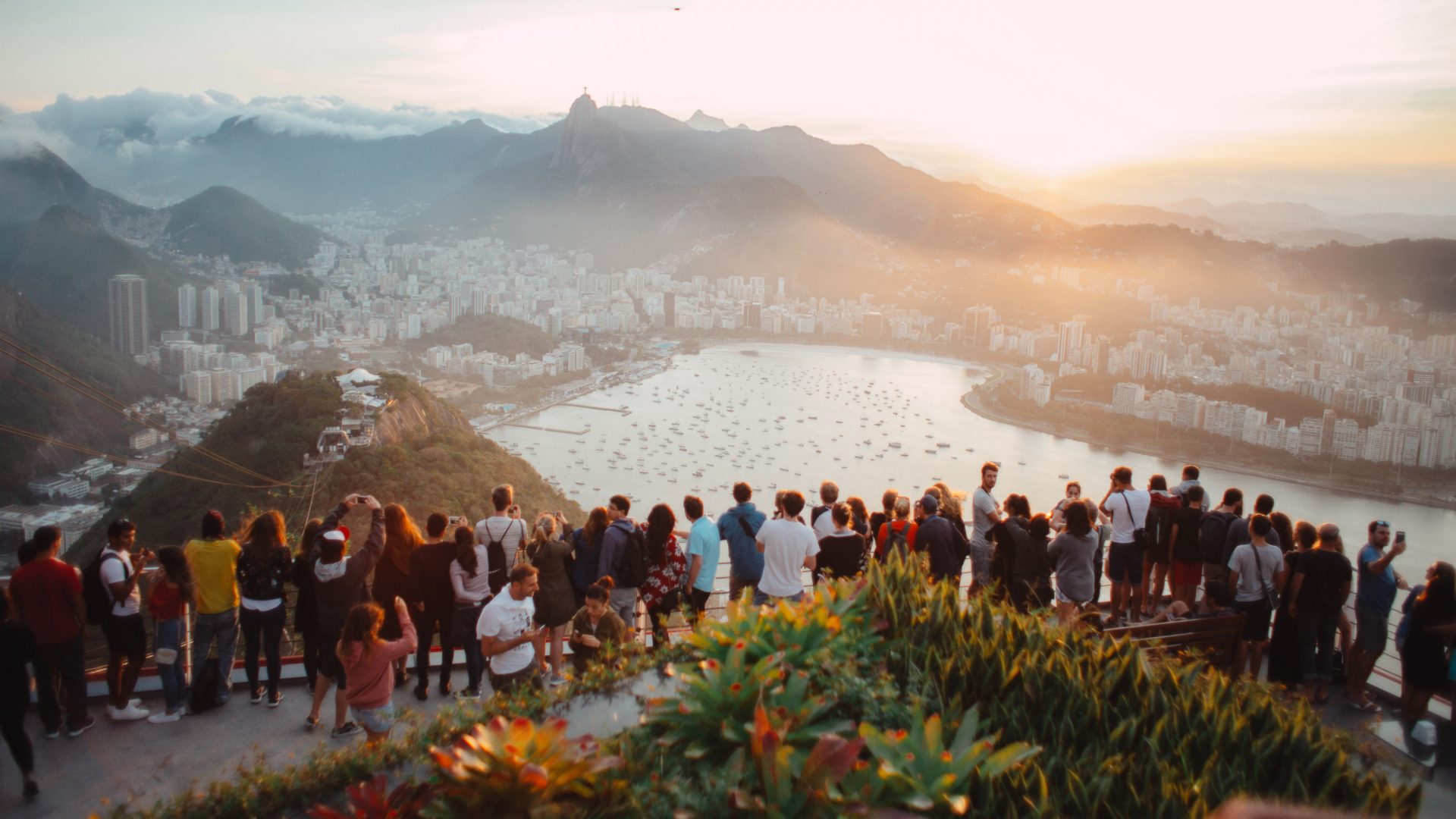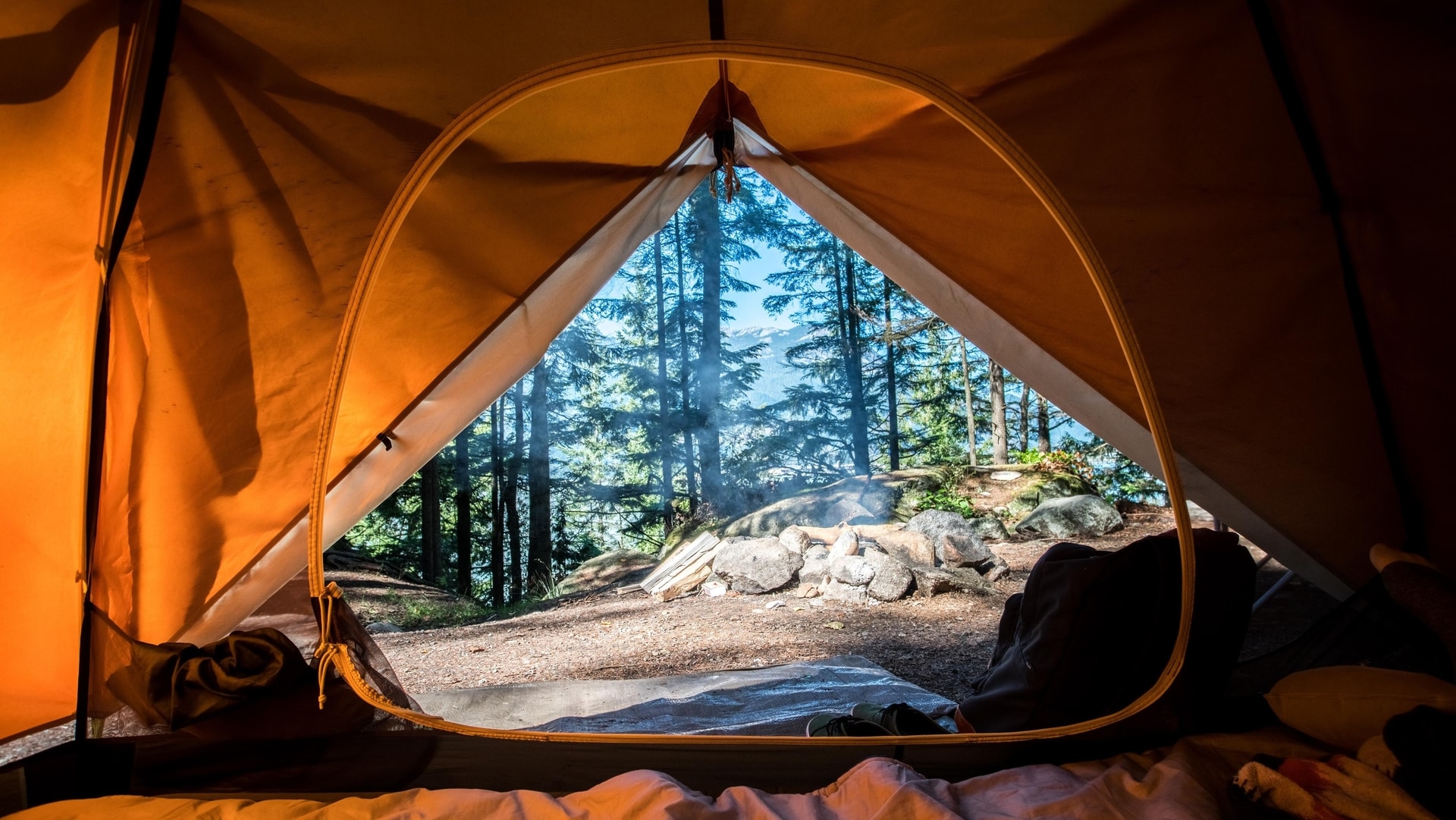The greatest threat to mountains and ski resorts is global warming. How can Jackson Hole, one of America’s most popular ski resorts, strive for a greener future until its owners and leaders make climate action a top priority?
As an avid skier and snowboarder from Colorado embarking on a long-awaited first visit to Jackson Hole, Wyoming, I had three preconceptions in mind.
Number one, that Jackson Hole Mountain Resort (JHMR) is rife with long, steep, technical slopes. Two, the area is a popular tax haven for the rich and famous and, as a result, it’s one of the most expensive ski town real estate markets in the world. And three, JHMR co-owner Jay Kemmerer had recently hosted a fundraiser for climate crisis-denying politicians.
In spite of this recent discovery of Kemmerer’s political leanings, what I observed and experienced during my visit revealed impressive sustainability efforts that stretched beyond greenwashing.
This impression was largely fueled by an event called the Natural Selection Tour, a multi-day competition founded by professional snowboarder and Jackson native Travis Rice in which the world’s top snowboarders are judged on riding and performing tricks over lightly enhanced natural features—think, cliffs, rocks and drops. “The mission of the tour is to inspire people to create a deeper connection with nature so they’re interested in saving it,” says Natural Selection communications director Lora Bodmer.
Sponsored by Yeti, the event aims to offset 200 percent of its carbon footprint by investing in reforestation projects. In addition to showcasing jaw-dropping athletic feats in this rugged, natural environment, the event serves as a platform to raise awareness about the climate crisis and how it impacts such environments and winter sports like snowboarding.
“This was one of those initiatives well-supported by Jackson and Jackson Hole Mountain Resort to bring more education and awareness into the fold,” says Travis Rice.
RELATED: Is the climate crisis endangering the world’s biggest ice park? And why does it matter?
“A big thing was bringing thought leaders together to have those conversations, to reiterate these big and complicated issues and make them digestible to the mainstream,” Rice adds. “The beautiful opportunity to get those conversations out there coincides with an event focused on natural conditions, dependency on weather, the hydrology, geology and understanding of what we need for these events to strive.”
Ski resorts, by design, are not eco-friendly. They cut slopes through wildlife habitat, burn massive amounts of fuel, water and energy, and encourage visitors from far and wide, each typically stomping a heavy carbon footprint while enjoying their winter mountain escape. So for those of us who love skiing and snowboarding and often pursue these sports through the convenient and safe infrastructure of resorts, the contradictions present a moral dilemma.
Nobody at the panel however, directly mentioned a recent local, political gathering of a different order.
Last August, Jackson Hole Mountain Resort co-owner Jay Kemmerer hosted a Republican fundraiser attended by US Rep. Marjorie Taylor Greene, former Trump White House Chief of Staff Mark Meadows, and US Rep. Jim Jordan.
Before being banned from Twitter, Taylor Greene tweeted that climate change and climate justice were “made up.” Additionally, Jordan has actively opposed national conservation and environmental measures for years, while Meadows spread false claims of voter fraud while trying to overturn the results of the 2020 election.
Taking a stance against such political affiliations, Patagonia, an outdoor brand and staunch advocate for environmental stewardship, pulled its products from the resort. In response, co-owner Kemmerer wrote a letter to Jackson Hole Mountain Resort employees explaining that his personal political contributions were unrelated to Jackson Hole’s “enduring commitment to our surrounding landscape, wildlife and authentic community character.”
Kemmerer also promised that “we have been and will continue to be focused on reducing environmental impact” and pointed out that the resort has “transitioned to 100 percent green power for all of our electricity needs, running our buildings, lifts and snowmaking on wind energy. Many of our vehicles run on veggie oil, we recycle consumables used by employees and guests, and support and contribute to Protect Our Winters.”
RELATED: What is ‘extractive tourism’? And how can we stop it?
The letter’s mention of Protect Our Winters (POW), an organization that educates and empowers outdoor enthusiasts to protect the places they love from climate change, prompted POW Executive Director Mario Molina to write an op-ed for Wyofile pointing out the confusing misalignment of Jackson Hole’s environmental protection efforts and its owner’s political alliances.
Molina said that the resort did not respond to his column and reiterated that its contributions to Protect Our Winters happened in the past. “Long, and really short-term, the largest threat to the future health of ski resorts and the ski industry is global warming,” Molina writes. “While greening operations is the right thing to do and one step that allows businesses to reduce their footprint and educate consumers on sustainability and climate, every resort and their owners/leaders should be making advocacy for climate action a top priority.”
The town’s main square features a park with a small ice-skating pond, its four corners adorned with antler arches. The majority of town lodging is comprised of converted two-level motels such as The Anvil and many of its individually owned and operated businesses, breweries and restaurants prioritize environmental stewardship.
Standouts include Overview Coffee, located in a tiny, no-frills shop in Teton Village at the base of the ski resort. Overview sources its coffee from regenerative, organic farms, thereby providing income stability for those agricultural communities.
Co-founded by snowboarder and Patagonia ambassador Alex Yoder, who grew up in Jackson Hole and participated in Natural Selection’s sustainability panel, Overview aims to cultivate his coffee business “in ways that increase the health of our planet instead of destroying it.”
While Jackson Hole is indeed walking the green walk, it must also, according to Mario Molina from Protect Our Winters, talk the green talk by supporting environmental stewardship and sustainability at every level of government. “The only way that we slow warming and protect outdoor recreation and our wild places is by making systemic changes to the way we make energy and move around,” Molina says, adding, “Those systemic changes will need to come from electing leaders at the federal, state and local levels who are committed to taking meaningful action on climate and advocacy to reduce emissions moving forward.”
In the meantime, events like Natural Selection are doing their part to fuel change. As far as what we, fellow winter sports enthusiasts can do to help protect and preserve the snow and mountains we love, panelists highlighted the need to support politicians that strive to protect the environment.
“I’ve been snowboarding professionally for 17 years and some of these places are shrinking. The winters just aren’t as good as they used to be,” says pro snowboarder Danny Davis. “What do we do about it? We can stop using plastic bags at the grocery stores in our towns, but it comes down to electing leaders who can put those massive changes in place.”
I leave the last word to Rice. “I’m proud of what we were able to do to get these conversations amplified,” he says. “It’s something. It’s slow growth and building on the foundation. Being able to do what we did this year gives us such a strong foothold to be able to evolve it.”
